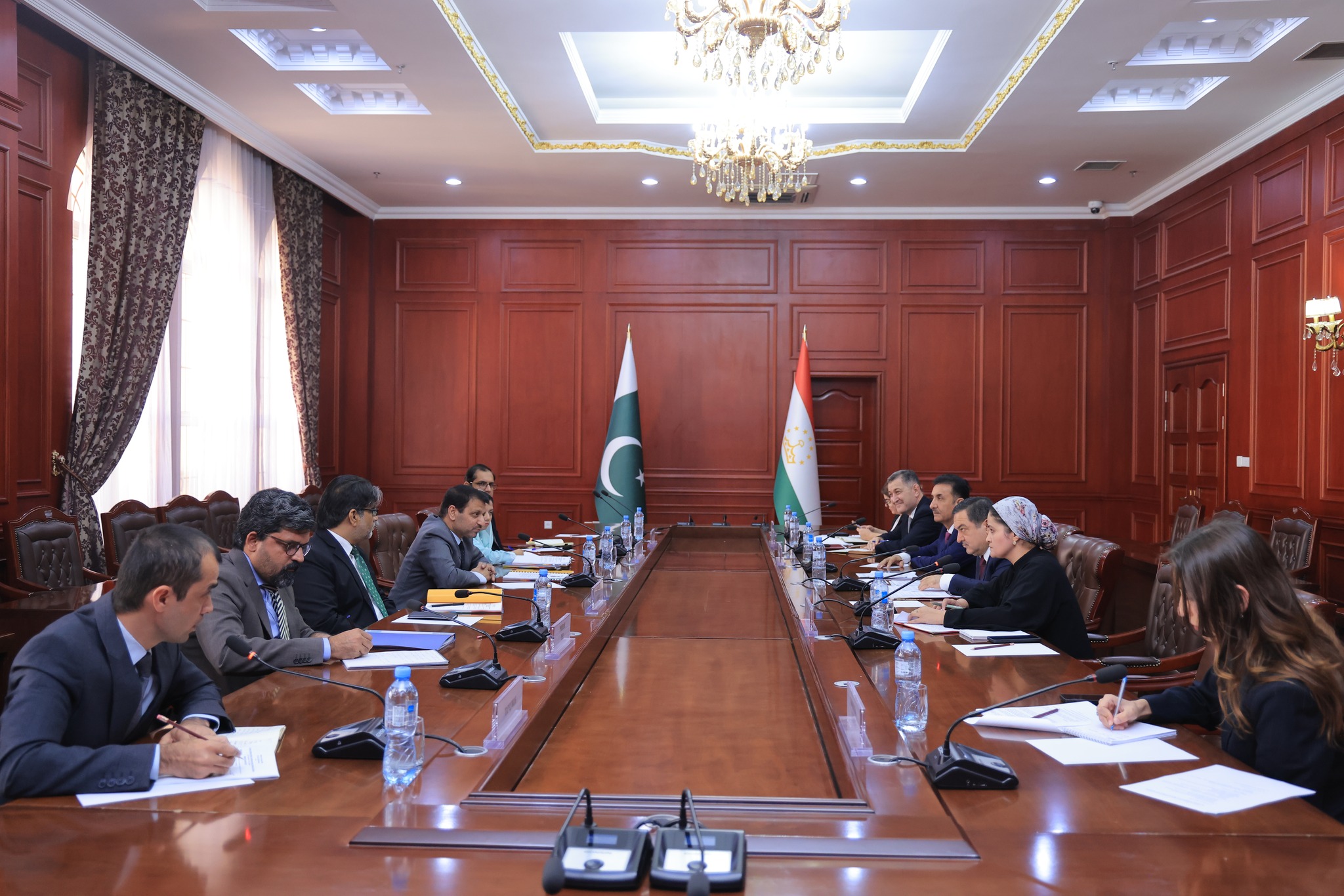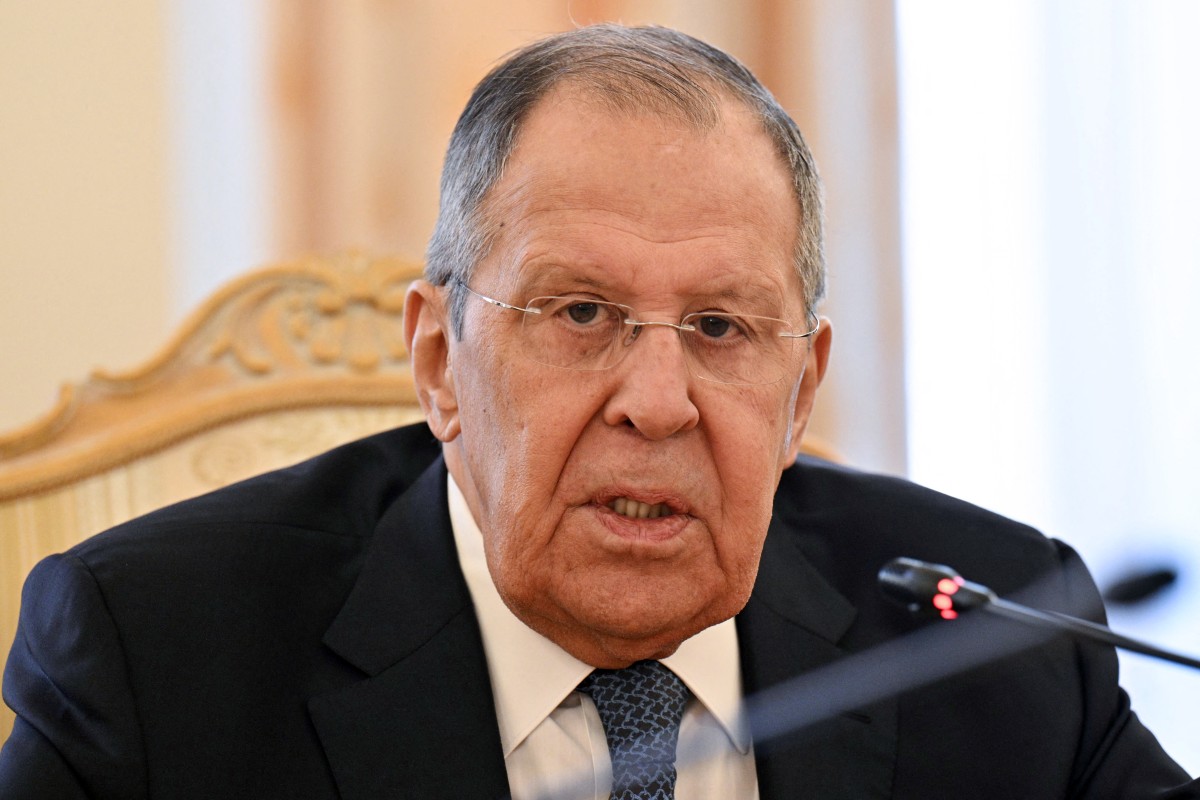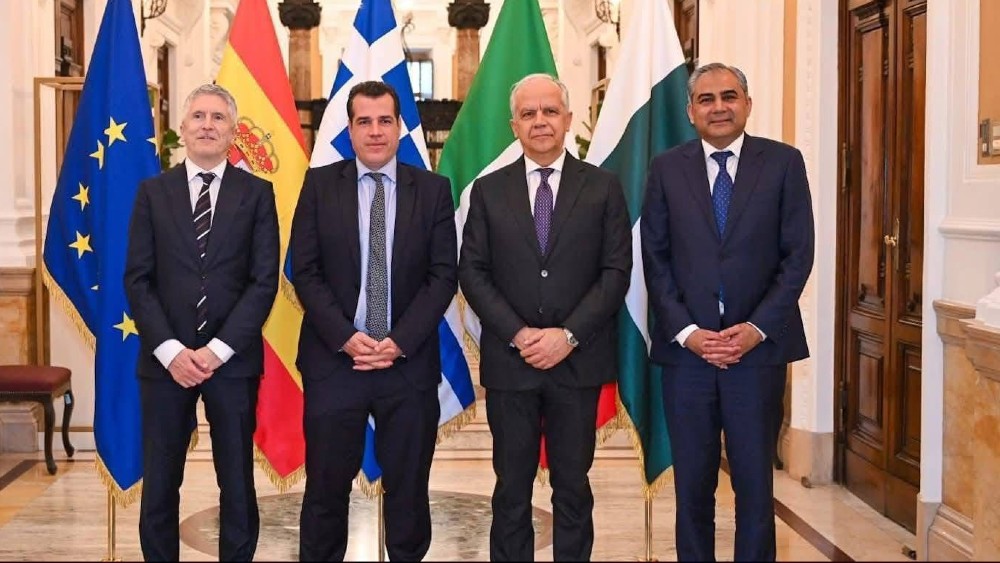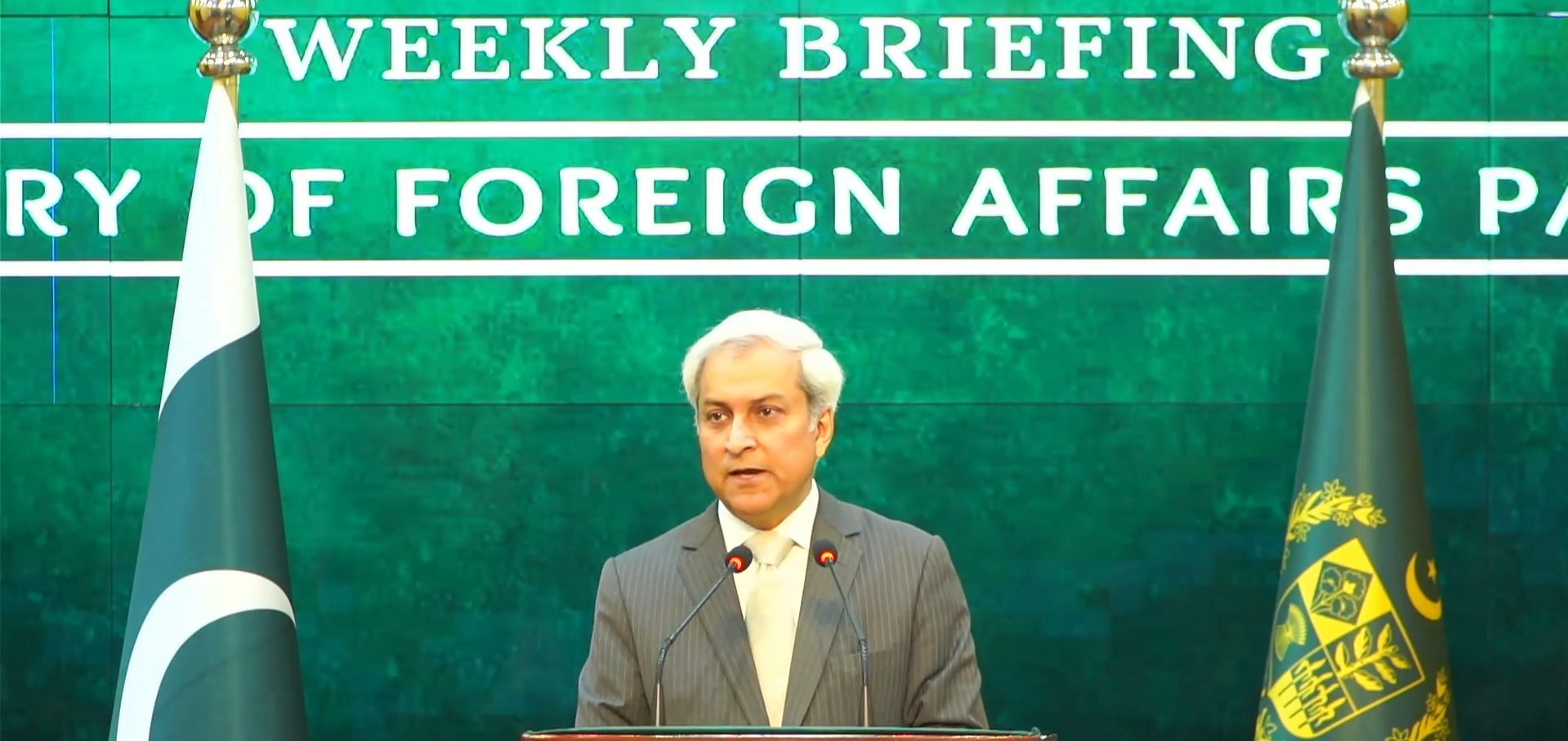ISLAMABAD: Pakistan and Tajikistan have reaffirmed their commitment to the CASA-1000 clean energy project and pledged closer cooperation in trade, defense, and regional connectivity, following the sixth round of Bilateral Political Consultations (BPC) in Dushanbe this week, the Pakistani foreign office said.
The consultations, held from September 29–30, were led by Pakistan’s Additional Foreign Secretary for West Asia and Afghanistan Syed Ali Asad Gillani and Tajikistan’s Deputy Foreign Minister, Farrukh Sharifzoda.
“Discussions covered a wide range of bilateral matters, including political and parliamentary ties, trade and investment, defense and security, energy, connectivity, cultural and educational exchanges, multilateral cooperation, and consular affairs,” the foreign office said.
Both delegations agreed that high-level visits provide “motivation to the partnership” and stressed the importance of continued engagement.
Central to the talks was the $1.2 billion CASA-1000 energy project, designed to transmit 1,300 megawatts of surplus hydroelectric power from Tajikistan and Kyrgyzstan to Pakistan and Afghanistan.
The project, backed by the World Bank and other international partners, has faced delays due to instability in Afghanistan but is now resuming construction.
“Both sides underscored the significance of regional transport corridors and reaffirmed their commitment to the early operationalization of CASA-1000, aimed at strengthening regional integration and energy security,” the statement said.
Tajik officials also highlighted the project’s long-term benefits.
“The transmission capacity of CASA-1000 will be an energy link between Tajikistan, Pakistan, and Afghanistan to provide clean energy not only to regional countries but also to meet Pakistan’s industrial demand,” Tajikistan’s Deputy Minister for Energy Jamshed Shoimzoda said earlier this year.
Beyond energy, Islamabad and Dushanbe explored trade opportunities in textiles, agriculture, logistics, food, and pharmaceuticals. Security cooperation, particularly in counter-terrorism and defense training, was also reviewed.
Regional issues, including the situation in Indian-occupied Kashmir, were discussed, with both sides stressing that disputes should be resolved through “diplomacy and adherence to the principles of the UN Charter.”
The meeting concluded with an agreement to hold the seventh session of BPC in Islamabad in 2026, signaling what both sides called a “positive direction” in their partnership.






